Hear from some of our MIT students, faculty, staff, and alumni on why they are sitting-in...
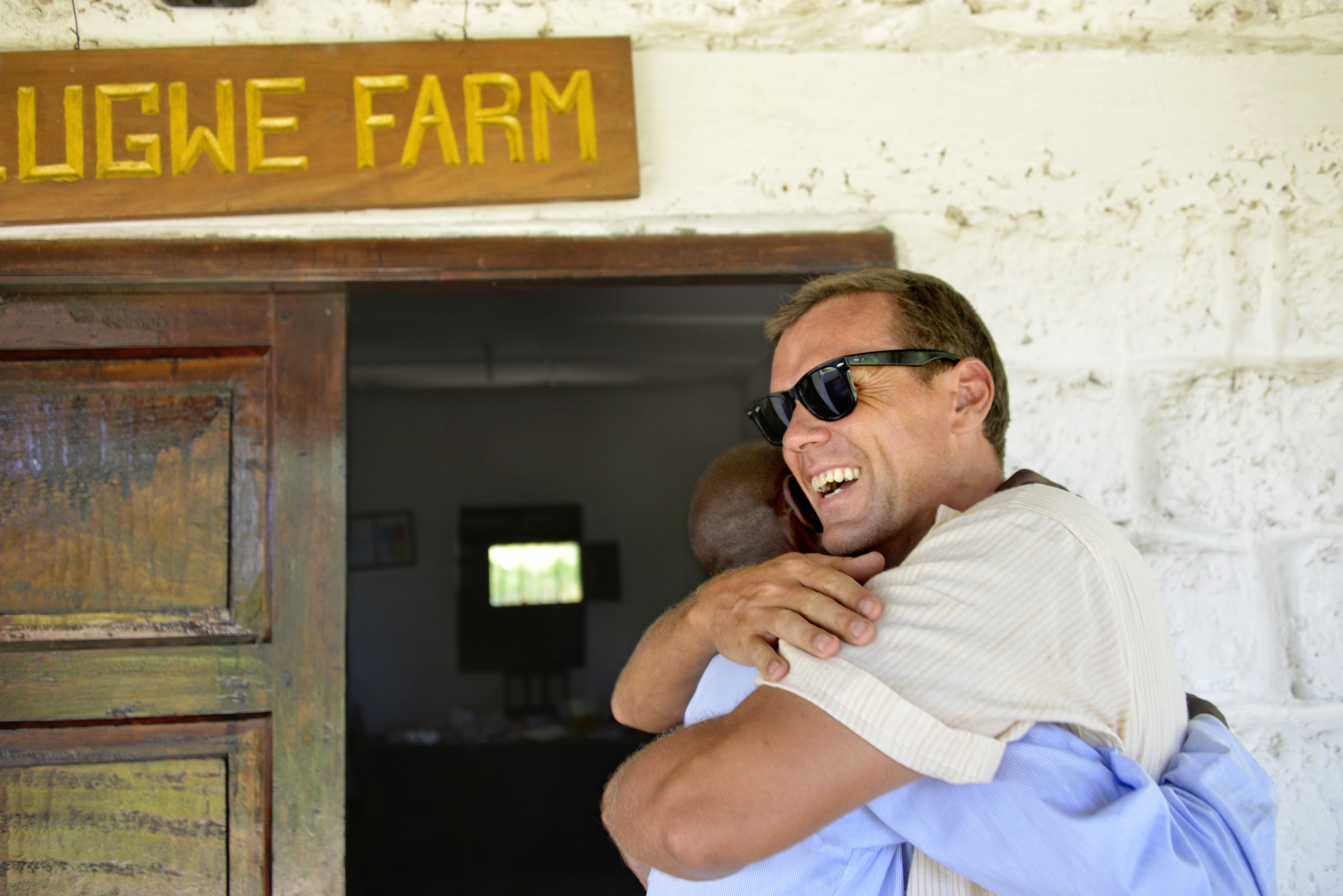
“I have joined the sit-in because we are running out of time, and a radical shift in how we interact with our environment is needed ASAP. MIT as a leading research institution should be in the forefront of this shift. What is proposed by MIT in terms of investment does not reflect the gravity of the human induced climate changes, and the need to take action.”
Eirik Jarl Trondsen
SPURS fellow, Dept. of Urban Studies & Planning
“Why I want MIT to divest.“
Geoffrey Supran
PhD student, Dept. of Materials Science & Engineering
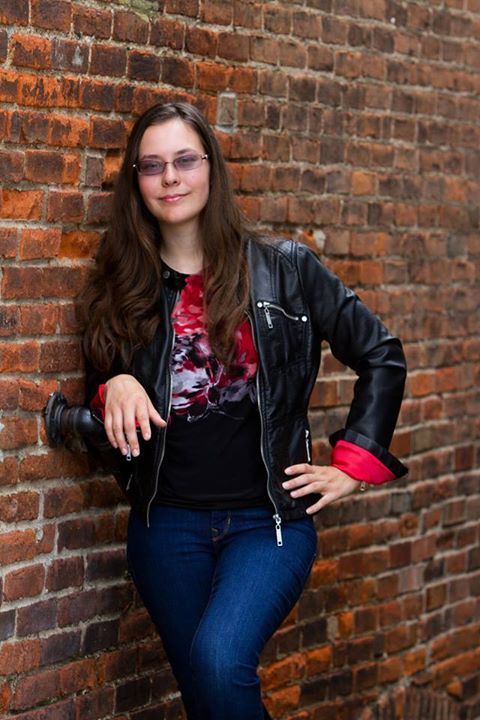
“I’m sitting in because even the most optimistic projections of the effects of climate change aren’t pretty; the realistic projections are worse. We can no longer put of climate change as a concern for the future. MIT’s current actions are not enough. Our institute needs to take a stronger stance; divesting should be an important part of that.”
Carissa Skye
Undergraduate student
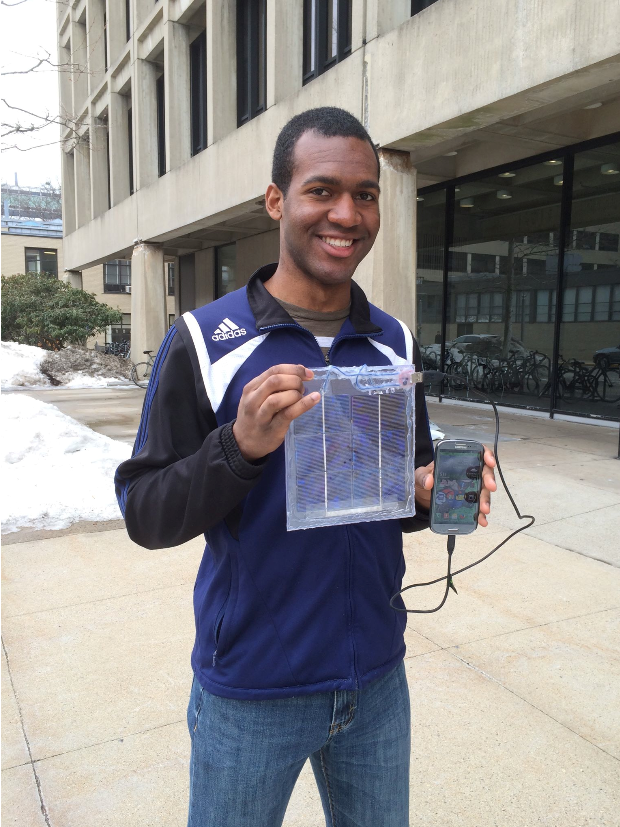
“At MIT, many of us strive to change the world. I’m no different. As a materials scientist, I hope to discover new solar cell materials that can sustain the rapidly growing world with reliable, inexpensive, and low-carbon energy. Being a materials scientist also means I must gain insight into what determines properties (like density, color, and plasticity) of materials to engineer them — and, ultimately, to enable their use in the game-changing applications and systems that will help solve complex problems like climate change.
While pursuing this effort, a funny thing began to happen. As I gained experience doing research in solar energy, I start to think more broadly about sustainability. And with my materials scientist perspective, I gained insight into the intricate relationships that are preventing us, as a society, from addressing climate change. These sociopolitical relationships between the fossil fuel industry and our policymakers, between climate change disinformation and public opinion, and between MIT’s academic mission and its endowment all threatened my own work. And so I learned that there existed many problems related to climate change that materials science (or engineering, or chemistry, or even technology as a whole) can’t solve.
I realized that if I were truly committed to solving the problem of climate change, I had to do more. I had — and collectively, we have — to address all parts of the problem, not just the technological ones. And so I sit-in, hoping that MIT takes the lead in understanding, describing, and learning from these relationships — as a true scientist should. I sit-in to educate others about the problem, to urge us all to action, and to hold those with vested interests — on all sides of the problem — accountable. As both a scientist and a citizen, to do so is not only my privilege, but my responsibility.”
Jeremy Poindexter
PhD student, Dept. of Materials Science & Engineering
“I’m sitting outside MIT president Reif’s office because MIT has a special opportunity and responsibility to lead the world on mitigating climate change, and as a member of that community I want to help it fulfill its potential. President Reif’s current climate action plan doesn’t address the political obstacles to implementing a price on carbon, a prerequisite for transitioning substantially to renewable energy. Meaningful carbon legislation threatens to make fossil fuel reserves unrecoverable and undermine the value of fossil fuel companies, so they will continue to oppose it with lobbying and disinformation campaigns as long as they have the political breathing room to do so. The plan claims that MIT can solve the problem by engaging with industry, but this collaborative approach seems naive given the power of the fossil fuel industry and the magnitude and rate of shift that needs to occur. How can we convince Exxon to shift to primarily delivering renewable energy company within a decade, especially with a plan that’s all carrot and no stick? I’d like to see a better thought-out plan that acknowledges the political and economic constraints and offers more than technocratic optimism. That, or else we should immediately throw our weight behind the global divestment movement that’s removing social license from fossil fuel companies and making room for a carbon price that will drive this transition. I’m willing to sit and work here in the hallway for dozens of hours per week until MIT realizes its potential to lead.”
Ben Scandella
PhD student, Dept. of Civil & Environmental Engineering
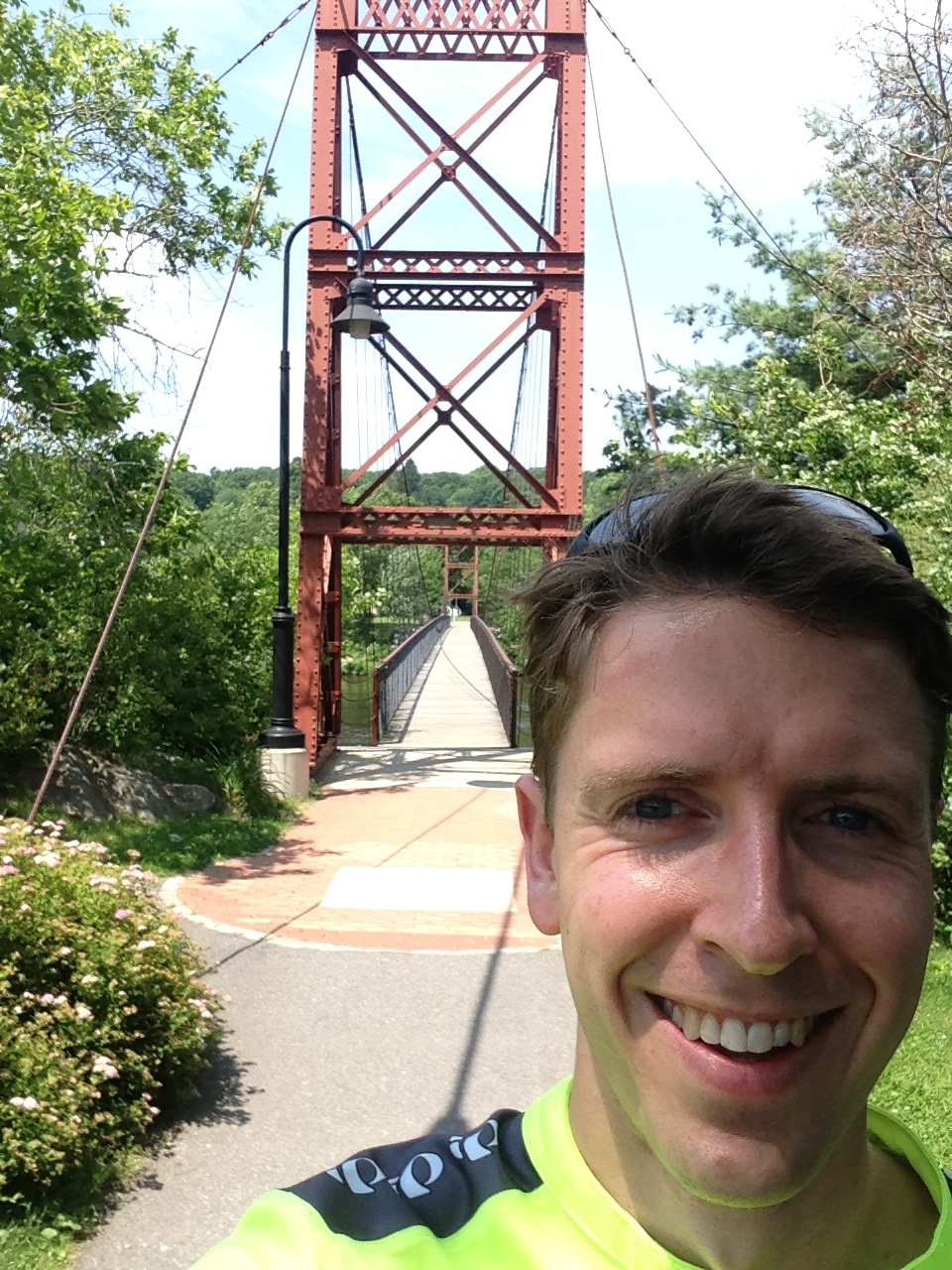
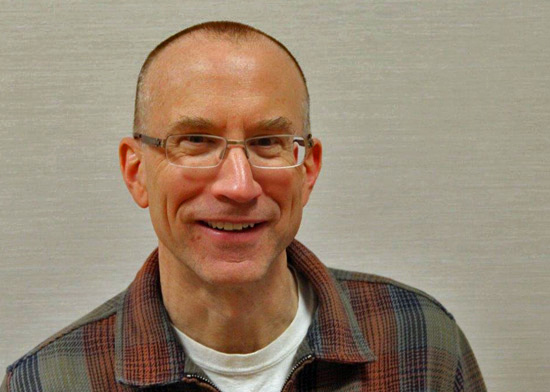
“What could possibly be more deserving of our time, energy, and support than the future of our planet and the survival of future generations? If an incremental business-as-usual approach was all we needed, MIT’s climate action plan would be fine. But the time for such a plan has long since passed.
I’m sitting in with these amazing students because I believe taking action on climate change is everyone’s responsibility, starting right here at home. In my work at MIT OpenCourseWare, I created and have been promoting a list of climate change-related courses on OCW, to help educate the millions of website visitors we get every year. I hope more MIT staff will join me in supporting the Sit-In, and take our place alongside the students and faculty.
I’m grateful for the MIT students who took this on, got it moving, and have poured so much time and energy, heart and soul into it. And I’m heartened that the MIT administration keeps the door open to an ongoing conversation, when they could simply have pulled back defensively in response to our continued pressure.
As Maria Zuber has said, “This is MIT’s time to lead.” I couldn’t agree more… so, let’s help them and help us LEAD already!! MIT needs to stand unequivocally for the science, to take more decisive world-leading action on its own campus, and drive out the fossil fuel industry’s policy roadblocks and disinformation that have held back progress on this issue for far too long.”
Curt Newton
Site Curator and Publication Manager, MIT OpenCourseWare
“As a sixth-year graduate student at MIT, I participated in the Climate Conversation at MIT, and understand the intent that MIT has to tackle imminent climate change. Through my years working as a researcher in solar technology, nano-structured optical electronics, and solar car racing, I am familiar with the potential of solar energy technology, and also feel the need for high-level, political change concerning the seriousness on tackling climate change. MIT can, and must, take a stronger stance towards a declining focus on fossil fuels, and support for the centuries of academic research proving the imminence of global climate crises and impact of engineering solutions. MIT has stood on the sidelines for too long relinquishing the social responsibility to others, and our institution is now poised to change that historical precedence.”
Sam Nicaise
PhD student, Dept. of Electrical Engineering
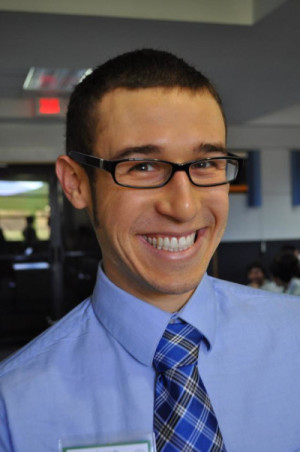
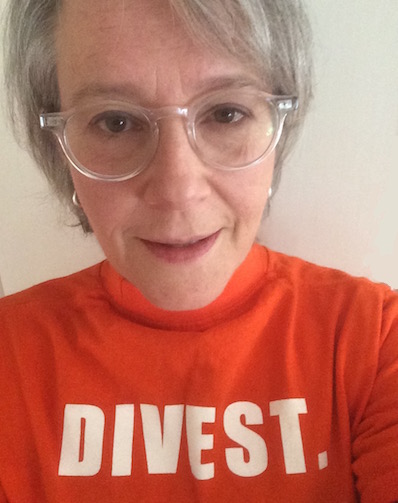
“As a former MIT employee and current climate activist with 350MA I am supporting the MIT students because I believe that MIT’s divestment would be a powerful force in helping to move the world towards a sustainable energy future and away from the fuels of the past that are feeding climate change. MIT’s divestment would demonstrate that MIT believes in a livable future for its students and is willing to do what it takes to ensure it will come to pass. It would show that MIT puts its students welfare, rights, and future ahead of its corporate connections. MIT’s current plan is a “business as usual” approach and that is exactly what cannot continue if we are to see the change that is needed to avoid climate catastrophe.
I have worked on campaigns to divest the MA State Pension fund from fossil fuels, have helped divest the Unitarian Universalist Association (UUA) and my UU church from fossil fuels, and recently divested my own retirement savings. I want to invest in a clean and sustainable future and I trust that MIT will do the same.
Invest in the future, divest from the past.”
Jean Foster
Former MIT staff
